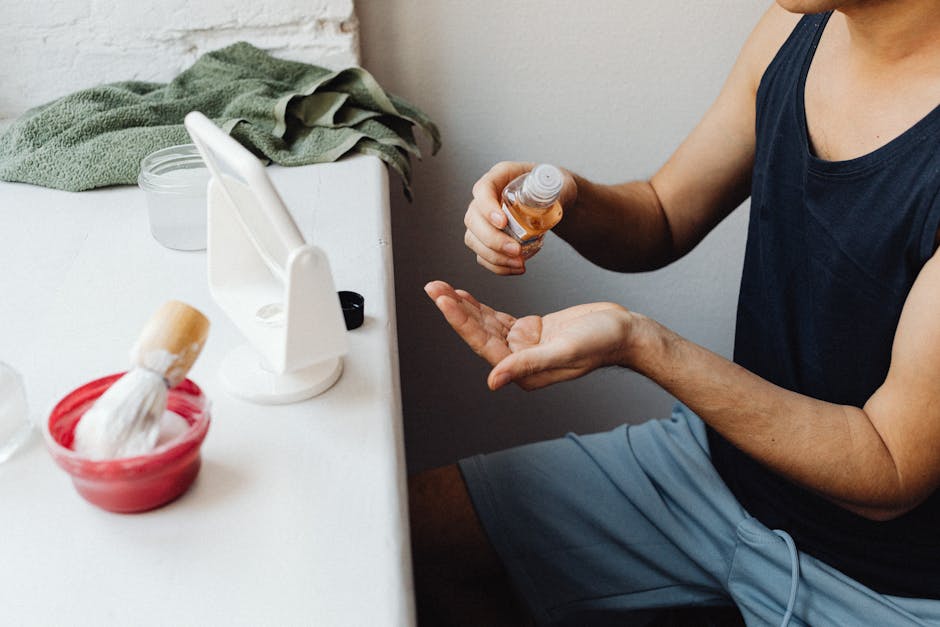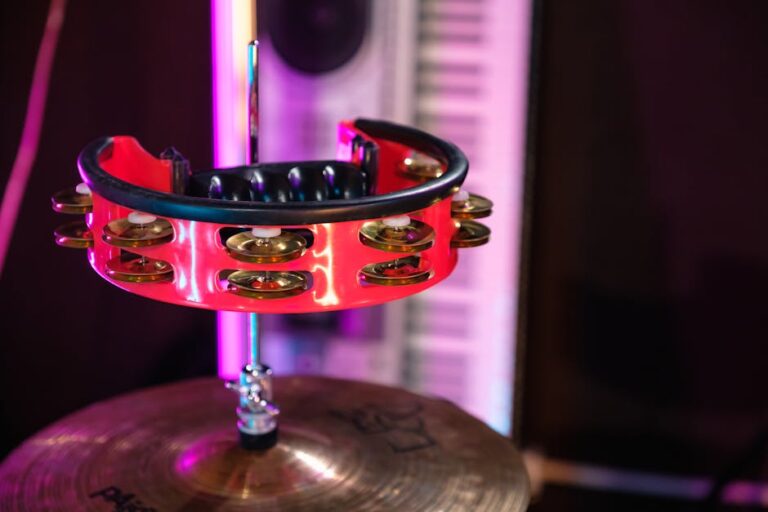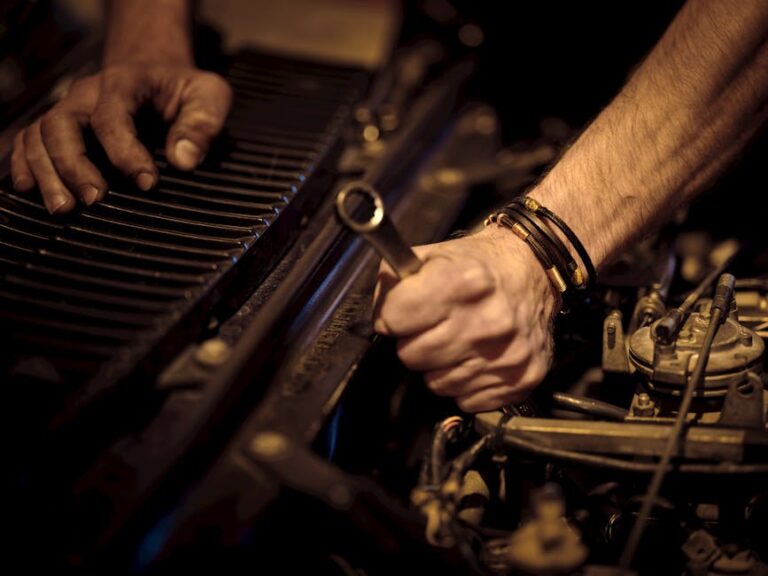Table of Contents
Look, every damn year, someone asks me. “Editor, what’s the hot ticket for staying safe?” Or “What’s the best personal alarm out there right now?” And I usually just give ’em the hairy eyeball. Cause what does ‘best’ even mean, eh? It’s not a one-size-fits-all, never was. You got your loud noisemakers, your fancy app gizmos, and then the stuff that tries to do a bit of both. It’s like trying to pick the best pint, depends on the pub and what mood you’re in, doesn’t it?
What’s the bloody point anyway?
I remember this fella, back in my early days, used to say, “If you gotta carry a panic button, maybe you shouldn’t be where you’re going.” Cynical old dog. But he had a point, sort of. We shouldn’t need these things. But we do. World’s a bit rough around the edges, always has been. So, yeah, personal alarms. Some think they’re a crutch, some a lifeline. Me? I see ’em as another tool in the box. Like a spare tire. You hope you never use it, but you’re sure glad it’s there when you hit a pothole bigger than a badger.
You want to know what’s what for 2025? People are still looking for peace of mind. Or something resembling it. The market? It’s a crowded mess, like a Saturday arvo at Bondi Beach. Everyone’s shouting. But some shouts are louder, or smarter, or just plain make more sense.
Is a screamer really enough?
There’s the simplest kind, right? The keychain alarm. Pull a pin, and it shrieks like a banshee. Or a startled seagull, depending on the model. Good for startling, maybe. Bad for scaring off someone truly determined. I heard a story, this bloke in Cardiff, pulled his alarm, loud as you like. The mugger just paused, looked confused for a second, then took his wallet anyway. Said the noise was “a bit annoying.” That’s the problem, isn’t it? Noise can be ignored. Or it just tells everyone exactly where you are. But for some folks, that’s enough. A burst of unexpected noise. It’s like when the car alarm goes off. Nobody rushes to help. They just roll their eyes and hope it stops. But maybe it buys you a second. A crucial second.
You ask me, “Are they just for women?” That’s a load of rubbish, isn’t it? Heard that one too many times. Anyone can be in a bad spot. Doesn’t matter if you wear a skirt or trousers. Some old granny walking her dog in Newcastle, she might want one. A young lad walking home from the pub, down a dark alley. Doesn’t discriminate, trouble. And neither should safety.
When tech tries to save your skin
Then you get into the gadgets. The smart stuff. The things that hook up to your phone and God knows what else. These are the ones trying to do more than just make a racket. They want to call someone, track you, maybe even listen in.
NOONLIGHT
These folks, `NOONLIGHT`, they’ve been around for a while. Used to be SafeTrek, I remember that name. They’re more of an app service, really. You hold a button on your phone, let go, and if you don’t enter a code, they call the police. Or paramedics. Or whoever. It’s pretty slick, in theory. It’s a silent alarm, mainly. Good if you don’t want to draw attention. My daughter, she’s big on her phone, always is. So something connected to that makes sense for her. But what happens if you drop the phone? Or the battery’s dead? Or you’re somewhere without signal, like down in the valleys of Wales? Suddenly, your fancy tech is just a paperweight. And that’s the kicker, isn’t it? Dependability.
I’ve seen the marketing for these things, all glossy, happy people feeling safe. Like it’s a magic shield. It’s not. It’s a system. And systems have weak spots. Always.
The classic loudmouths are still kicking
Some things just work by being simple. Loud. No fuss.
SABRE Security Equipment Corporation
You hear `SABRE` and you probably think pepper spray, don’t you? Yeah, they do that. But they also make some seriously loud personal alarms. I mean, we’re talking 120-130 decibels. That’s like a jet engine at takeoff. Or a really bad heavy metal concert. You hear that, and you’re not going to be asking, “What was that?” You’re going to be wincing. And that’s the whole point, isn’t it? Surprise. Disorientation. These aren’t connected to your phone, don’t need a signal. Just batteries. And usually, those last a fair while. They’re chunky, some of them. Not exactly sleek. But they work. Straightforward. No bells and whistles. Well, lots of whistles, but you get my drift.
I spoke to a chap once, in Sydney, used one of those `SABRE` alarms when a bunch of rowdy teenagers started getting too close to his car. Said they scattered like pigeons. Probably just annoyed ’em, but it did the trick for him. Kept ’em away.
She’s Birdie
And then you got companies like `She’s Birdie`. Small, colourful, looks like something you’d clip to a purse. But pull the top, and it’s a piercing alarm and a flashing strobe light. Double whammy. The light bit is smart. Draws the eye. People look at lights. If you’re in a dark car park, that strobe could be seen from a ways off. That’s clever. Simple, again. No app to download. No monthly fee. Just a loud noise and a flash. It’s a good example of keeping it simple and effective.
What’s interesting is, some people carry both. A loud one, and a phone app. Like having belt and braces. Not a bad idea. Redundancy, they call it. Or just being extra careful, depends on your outlook.
Do they actually work?
That’s the million-dollar question, isn’t it? You can buy the fanciest personal alarm money can buy, but if it’s buried at the bottom of your oversized handbag, or your phone’s locked with a dozen passcodes, it’s about as useful as a chocolate teapot. It’s not just about the device. It’s about you. Being aware. Having it accessible. And having the gumption to actually use the damn thing if you need to.
I’ve heard stories. Someone in Texas, lady startled a bunch of wild hogs with hers. Not quite the scenario they advertise. But it worked. The unexpected noise, that’s the core of it for the screamers. For the app ones, it’s the immediate alert to someone who can help. Speed. That’s the core for them.
Wearable panic buttons
Some of these alarms are getting proper tiny. Wearable, like jewelry even. Companies like `Silent Beacon` have those. They’re discreet. Button on a pendant, you press it, and it does whatever you’ve programmed it to do. Call contacts, emergency services, that kind of thing. The idea is, it’s always on you. Not in your bag. Not buried. Always accessible. That’s the real trick, right? Access.
But then you get these little things, they cost a fair whack. And people still lose ’em. Drop ’em. Forget to charge ’em. And then what? Just another piece of plastic.
Battery life? Really?
Yeah, really. You’d be surprised how many people buy these things, charge ’em once, and then stick ’em in a drawer. Then six months later, they think, “Oh, I should carry that,” and the battery’s flatter than a pancake. The loud, simple alarms? Their batteries last ages, usually. Sometimes a year or more. The smart ones? The ones that talk to your phone, use GPS? They’re like another smartphone. Need charging. All the time. Every few days.
It’s like asking, “What’s the best newspaper?” It’s the one you actually read, isn’t it? Not the one that sits on your doorstep, getting soggy.
What’s the difference: loud vs. connected?
It boils down to philosophy, doesn’t it? The loud alarm is about deterrence, immediate disruption. It’s screaming, “Look at me! I’m in trouble!” hoping that draws attention or scares someone off. It relies on the environment, on other people being around, or on the attacker being easily spooked.
The connected alarm, that’s about getting help. It’s a direct line to someone, or to services. It’s quieter, more subtle in its activation, but potentially more powerful in its outcome. It’s not about scaring off a threat; it’s about having someone come get you out of the situation. It depends on you having a phone, a signal, a charged device, and a monitoring service that’s actually paying attention. One sends a message to the world. The other sends it to specific people. Both got their place. What’s right for you? Depends on where you’re walking, what you’re doing, who you’re with.
I’ve seen the sales pitches for both. The loud ones are all about empowerment. The smart ones are all about peace of mind. Same coin, different sides.
Is it better to have an app or a physical button?
Now that’s a decent question. An app is great because your phone’s probably always with you. One less thing to carry. It’s got GPS, easy to update, all that. But, fingers fumbling with a screen under pressure? Maybe not ideal. And the phone itself can be grabbed.
A physical button? Dedicated. Simple. Tactile. You feel it. You press it. It does its thing. Often smaller, can be clipped anywhere. But then it’s another gadget to keep track of. Another battery to worry about. Me? I’m old school. I like a button. Less faff. When things go sideways, you don’t want to be swiping and unlocking. You want to press and GO.
I remember my great auntie, she always had a whistle on her keychain. Not a toy whistle, mind you. A proper, shrill thing. Said it was for “the lads who get too cheeky.” Worked for her. Simple. Effective. Always there. That’s the spirit, really. Not the gizmo. The readiness.
The bottom line for 2025
So, what’s a “top rated personal alarm” really? It’s not one specific brand, despite what the marketing boffins want you to believe. It’s the one that fits your life. The one you’ll actually carry. The one you’ll know how to use without thinking twice. And the one that works when you hit the button.
Don’t get hung up on the flashiest features. Think about what kind of trouble you might get into. Is it a brief scare? Is it needing someone to find you? If you’re out running in the back country, a GPS-enabled smart alarm might save your hide. If you’re just walking the dog after dark in a well-lit suburb, maybe a loud screamer is all you need.
It’s not about being paranoid. It’s about being prepared. Like packing an umbrella even when the sky’s blue. You just never know when the rain’s gonna come. And sometimes, it pours. Better to have a tiny bit of protection than nothing at all. That’s what I figure. And that’s all I’m gonna say about it.












